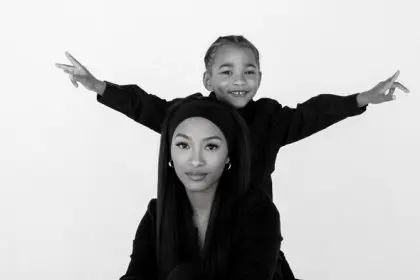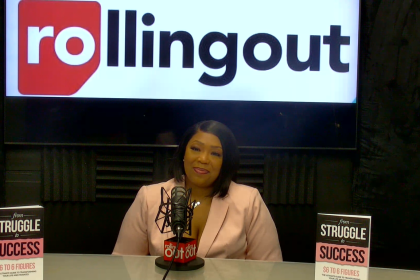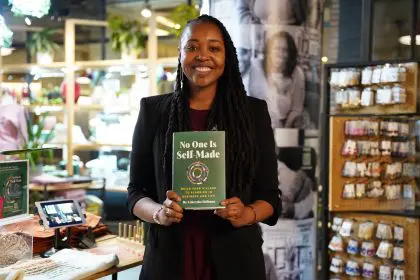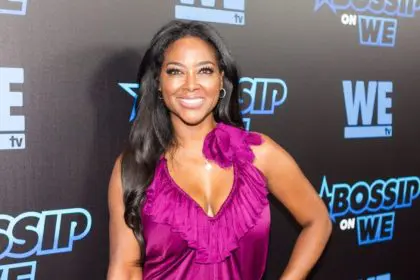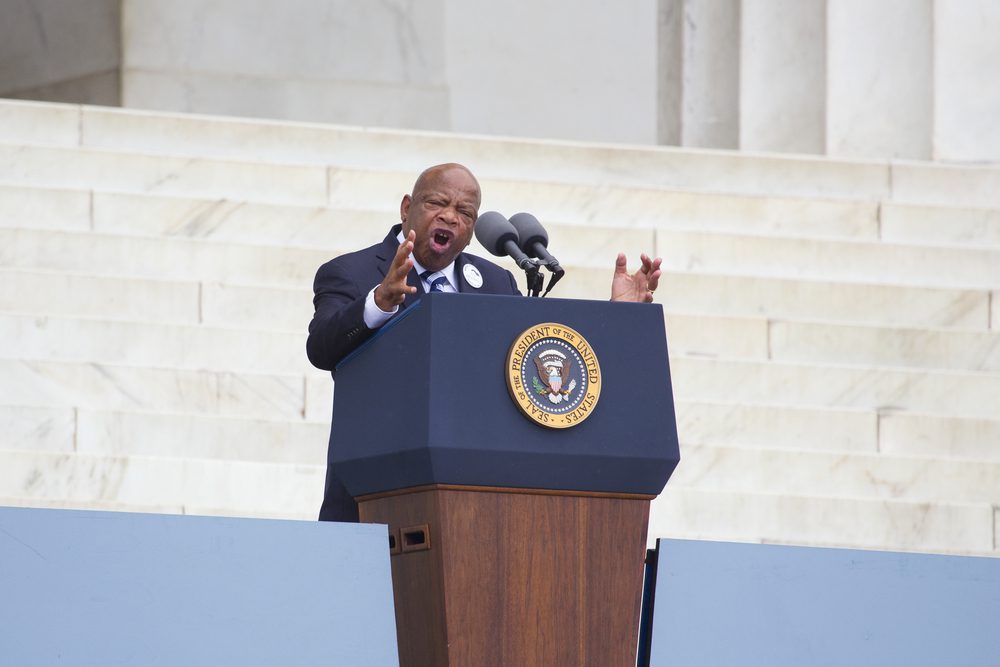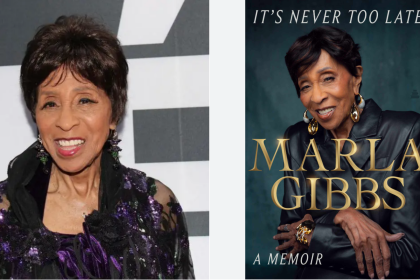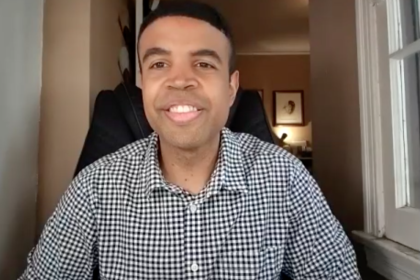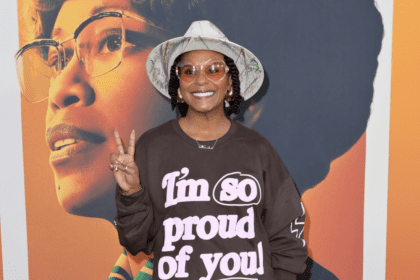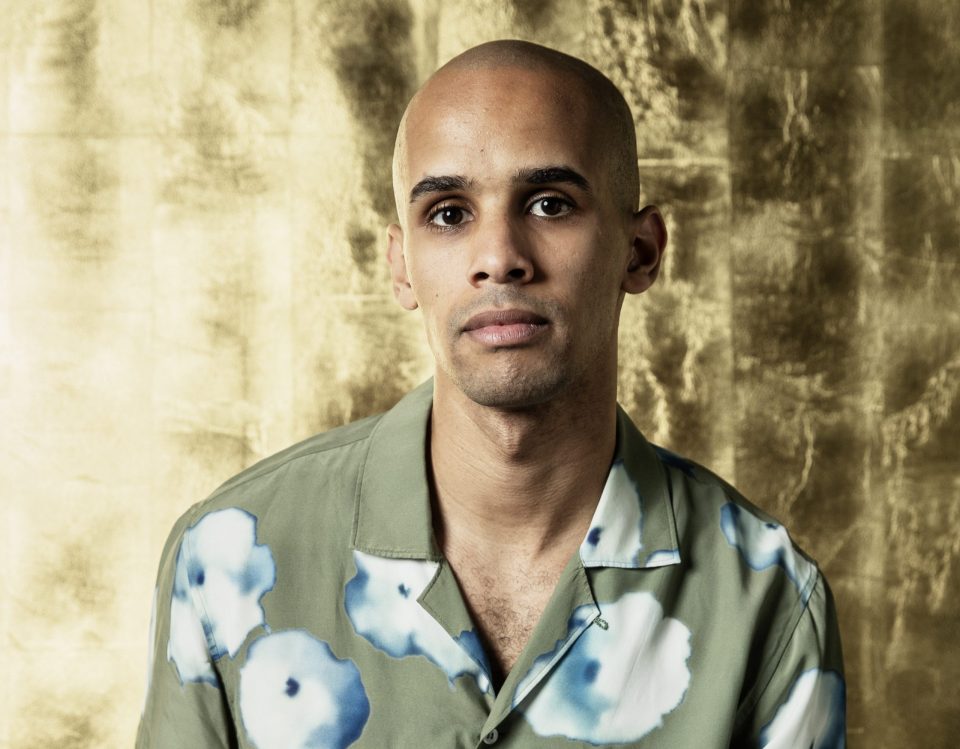
Cole Brown is the author of GreyBoy: Finding Blackness in a White World. However, he was not always a writer. Growing up, Brown bounced back and forth between Black and White spaces, attending classes in Philadelphia’s predominantly White private schools and spending his summers in Ethiopia. These experiences forced Brown to consider his racial identity and its implications early on. After graduating high school, Brown attended Georgetown University, where he was majoring in finance. However, the killing of Michael Brown by a police officer in 2014 and the election two years later of Donald Trump served as a catalyst for the college student to rethink his goals. Subsequently, Brown would change his major to justice and peace studies and begin writing GreyBoy, an autobiography about navigating his own racial identity.
Rolling out spoke with Brown about the process of writing the autobiography and his journey as a writer and a Black man at the intersection of race issues in America.
Who is Cole Brown? Briefly define your personal brand.
I am a brother, son, and grandson. I am Ethiopian, Philadelphian, Midwestern. I grew up on hip-hop and wrote when I could. I want to live in a world that is kinder to my people. Not sure I have a personal brand just yet, but those are the things that matter to me.
What inspired you to write GreyBoy: Finding Blackness in a White World?
The book began as an essay for a class. I was in Georgetown in 2016. We were asked to write a long essay on a business we wanted to start, but once I heard the word count, I knew I would be focusing on this topic instead. I felt I had not seen my story – one of a Black kid maturing in White spaces – told in an honest way, so I decided to tell it myself.
The title is borrowed language. In his “Poem for Half-White College Students,” Amiri Baraka asks, “The ghost you see in the mirror, is it really you? Can you swear you are not an imitation greyboy?” Baraka is critical of kids who grow up as I did, existing outside of some preconception of what Blackness must be. I liked that I could repurpose the term, making it a point of pride.
Read more about Brown’s views of success on the next page.

